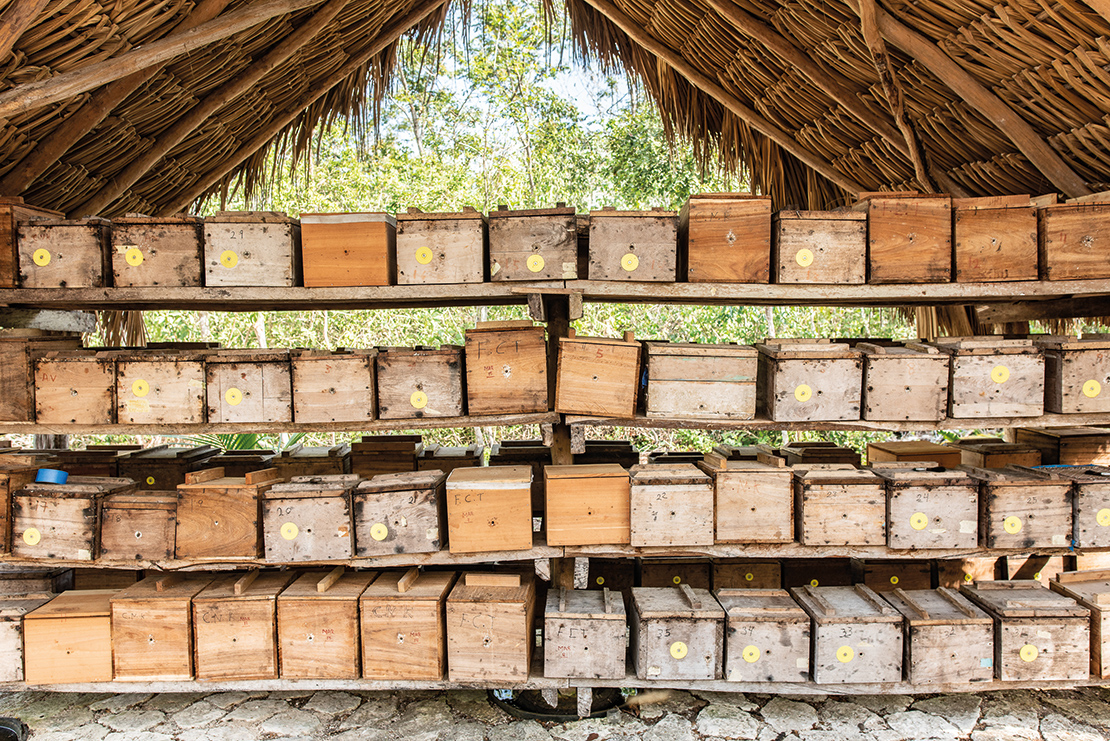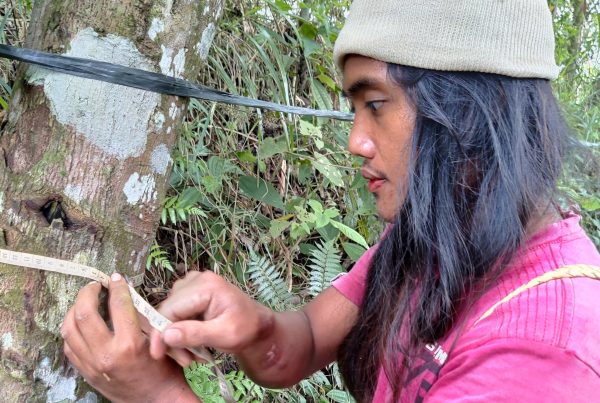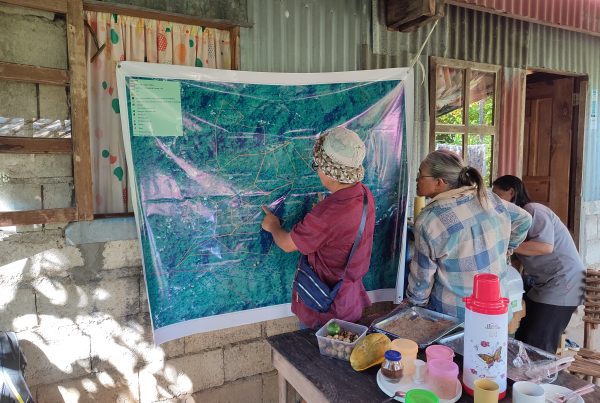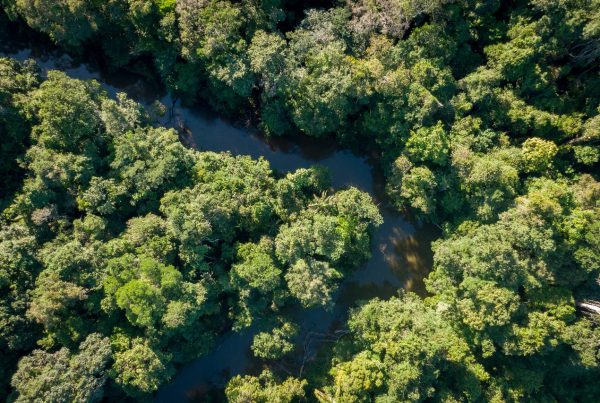Beekeeping is an important source of foreign exchange in our country and a source of income for much of the Maya community of Felipe Carrillo Puerto, Quintana Roo.
However, it has decreased because of the low price paid to honey producers. In addition, populations of pollen- and nectar-producing trees have decreased in the area as a result of forest resource exploitation, so the quantity and quality of honey has also decreased. Therefore, it is necessary to monitor the hives constantly, and also to monitor and reforest the flora around beekeeping farms, to ensure a supply of pollen and nectar for the bees. There has been minimal support from government agencies for this and, therefore, the U Lool Xaam Cooperative Society and its members have organised themselves to carry out part of these tasks.
In Tihosuco and in the Quintana Roo region, one of the most affected species is the balché (Lonchocarpus longistylus). This tree has become scarce over the past 10 years or so. The balché is a tree of great importance for the Maya people. It is used in rites and ceremonies: a drink is made from its bark which is presented as an offering during the cha’ chaakc ceremony in which Chaak, the god of rain, is asked to show favour to the crops. The drink has medicinal properties: an infusion of its leaves is used to treat coughs and to disinfect wounds. Balché flowers are a source of nectar for the bees, and the tree is ideal for the conservation of the hives, avoiding excessive swarms and keeping them in good condition for the honey harvest; this strengthens beekeeping as an economic activity and therefore strengthens the social development of families dedicated to beekeeping. Balché also has broader environmental importance, helping to combat the effects of pollution by purifying the air and preventing soil erosion.
Beehives in a Mayan community in Mexico. Credit: Alessandro Banchelli.
Author
- Federación Indígena Empresarial y Comunidades Locales de México, A.C. (CIELO) y Sociedad Cooperativa Lool Xaam SC de RL de CV
Ecosystems
- Tropical forests
Topics
- Food
- Ecosystem restoration
Type
- Short-form
Date
- This case study forms part of LBO-2, originally released in 2020.
Balché-based drink used in a ritual.
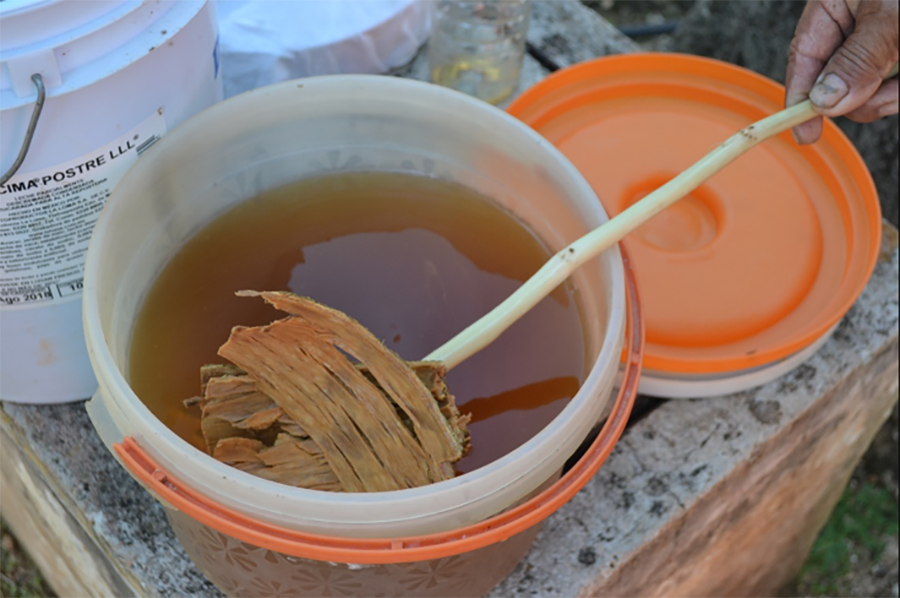
Discussions between men and women in the community have identified, revalued and confirmed the cultural and environmental importance of balché trees, which has motivated not only their care but also ongoing reforestation. The CIELO partners of the Lool Xaam venture have reforested areas in the immediate vicinity of their beehives with native plants of the region, including balché and other species that are sources of nectar. The locations chosen for reforestation have been used for agriculture, and the intention is to regenerate the vegetation by planting diverse tree species which collectively can produce various types of nectar. The reforestation and conservation of planted areas in the community of Tihosuco will contribute to the reproduction of native plant species, which in turn will increase bee production and strengthen its presence within the agri-food sector. This has great benefits for beekeeping as a sustainable productive activity, as well as for the promotion and maintenance of floral diversity in the region.
